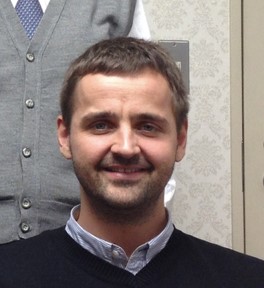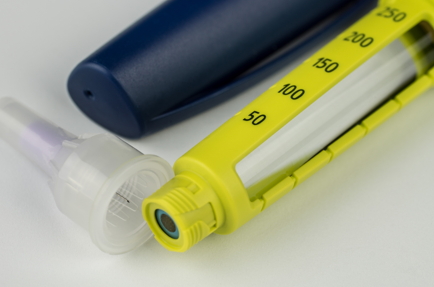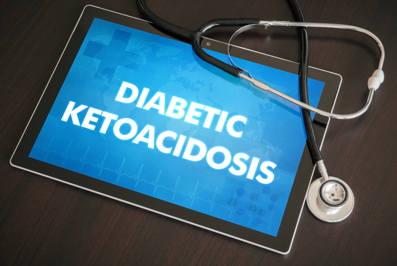Complications of Diabetes course



This session outlines immediate and long-term complications of diabetes and strategies to prevent them. It also covers the management of problems with insulin doses and timing, as well as problems with insulin devices.
Learning Objectives
By the end of this session you will be able to:
- Outline the actions the child, family and healthcare professionals should take when insulin is missed or if a wrong or late dose of insulin is given
- List the action to take if there is a problem with insulin devices
- Explain how to monitor, diagnose and manage associated conditions
- Describe the immediate and long-term complications of diabetes
- Explain the purpose of screening for long-term diabetic complications
- State the methods used and frequency of screening for diabetic complications
This session outlines immediate and long-term complications of diabetes and strategies to prevent them.
Before commencing this session, you should complete:
- Management of Blood Glucose (172-17)
- Abnormal Blood Sugar Levels and Hyperglycaemia (172-18)
- Lifestyle Considerations (172-19)
Jan is National GRID Trainee in Paediatric Endocrinology and Diabetes at the Children’s Hospital in Birmingham and NIHR Academic Lecturer at the University of Birmingham.
He has been awarded with a PhD on his thesis on the molecular regulation of androgen biosynthesis in 2015.
He is interested in androgen excess and deficiency conditions, obesity and early markers of metabolic disease progression.


- Anaesthesia Fundamentals | Physiology | Ventilatio...
- Posted By eIntegrity Healthcare e-Learning
- Posted Date: 2024-12-26
- Location:Online
- This session describes how and why ventilation and perfusion vary in the healthy lung. Causes of hypoxia, such as hypoventilation, increased dead space and shunt, are discussed to help the trainee explain and manage hypoxia clinically.
- Anaesthesia Fundamentals | Physiology | Pulmonary ...
- Posted By eIntegrity Healthcare e-Learning
- Posted Date: 2024-12-26
- Location:Online
- This session covers the measurement and clinical importance of lung volumes, including functional residual capacity and dead space. Information regarding the performance and interpretation of flow-volume loops is also included.
- Anaesthesia Fundamentals | Physiology | Co2 Carria...
- Posted By eIntegrity Healthcare e-Learning
- Posted Date: 2024-12-26
- Location:Online
- This session covers the physiology of how carbon dioxide is carried by blood, including its conversion into bicarbonate ions and the role of the red blood cell and haemoglobin in this process. The session also describes how buffers work, and the fundament
- Anaesthesia Fundamentals | Physiology | Function o...
- Posted By eIntegrity Healthcare e-Learning
- Posted Date: 2024-12-26
- Location:Online
- This session focusses on the function of haemoglobin in oxygen (O2) carriage from the lungs to other tissues where cells are supplied with the O2 required for oxidative phosphorylation in the mitochondria. We will cover the structure
- Anaesthesia Fundamentals | Physiology | Gaseous Ex...
- Posted By eIntegrity Healthcare e-Learning
- Posted Date: 2024-12-26
- Location:Online
- This session will introduce you to the physiological effects of altitude and the adaptations that occur with acclimatization. It also introduces the pathology and physiology of high pressure and decompression.







